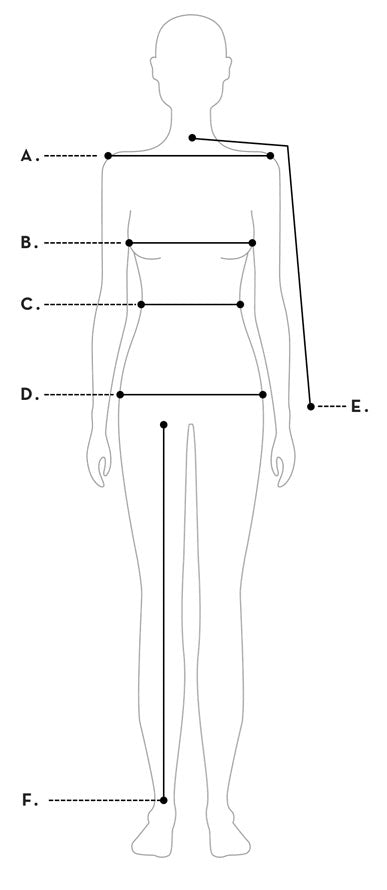

Master Class
Fanm Djanm's Paola Mathé on Brand Building with HeartQ&A
In high school, my way of rebelling was to be really colorful—I remember my classmates calling me Skittles, and not in a good way. My family had moved from Haiti to Newark, and I immediately stood out as the foreign kid. I never wanted to feel shrunken, or invisible, so I turned to my personal style to express myself.
Color, in general, makes me happy. It can intimidate a lot of people, which is why they go for neutrals and blacks. But if I wear a yellow coat, they smile. Color is how I like to communicate.
Be adventurous, question things, challenge things. Live by your own terms and not what you think society wants you to live by. If something scares you a little bit but is still exciting—that's living boldly. It's trying on red lipstick on for the first time; it's taking a dance lesson when you have two left feet. At the end, you survive— that's bold.
Growing up, I was always this shy, reserved person. But I put myself in a lot of uncomfortable situations. Every time I felt like my knees were quivering and my armpits were sweating, I did it anyway. Then I survived. And so I kept going.
I was telling my assistant yesterday that I missed the time when I felt very fearless about things. I feel like I doubt myself more now and am more reluctant to take the leap. She said that, back then, I probably had less to lose. She's right. I think the reason I didn't think about fear was because I thought, If this doesn't work, I can always go back to hospitality.
1. Everyone likes to take the main road, but if you don't have much to start with, it's OK to take the side roads. I didn't have a mentor; I didn't have connections. It's OK to explore.
2. It's one thing to start something, it's another thing to keep it going. People might be interested now, but it doesn't mean they'll be interested in a month. It's up to you to make them feel interested in a month.
3. If they're not, it's OK. Sometimes when we think about doing things, we think that if it doesn't work your life is over. It's not. You get through it.
4. Trust your gut.
It's OK to be underestimated. When I first started, I wanted people to see me and all my potential. But there is power in being underestimated—you find time not just to find yourself in what you want to do but to put your work first. And putting your work first vs. how other people perceive you in your work is more important. The more you focus on what you want to do, the stronger you get at it and the more successful you feel overall.
5 Tips on Branding & Community
I've met so many young people who say they don't want to work for anyone and want to start their own thing. But when I ask what they want to do, they don't know. If they do, I always ask how or whom they're doing it for. If you're starting a company, you really have to answer these questions and do some soul searching to know who you are. And, sometimes, it's just as important to know what you don't want to do or who you are not. I mean, how are you going to form a community if you don't even know who you are?
When I was younger, I used to say, "OK, I'm tough. I can do this." Then as I got older, I started to be more vulnerable—and asked for help when I needed it. That's OK. It's still hard for me, but I'm mindful of knowing when I need to reach out to someone instead of figuring it out myself.
When you're building a brand around community, you want to be relatable; you want your brand to represent these women. Speak directly to them. It's like when you're scrolling on Instagram and stop on a post; it's because that image speaks to you. Be honest and true. We use the word authentic a lot, but it's really important.
Provide inspiration in any way you can—and not just in the art you're creating. Talk about real issues. Some of our Fanm Djanm newsletters aren't even about buying our head-wraps. Trust that people will click through on the website and see what's next.
We can all tell stories, but you have to also be personally connected. You can't just start a brand and not have a direct relationship to your community, not be a part of that community.
For example, whenever I think about where I want my first billboard, I don't want it to be in Soho, where everyone expects it to be. I want it to be in Newark or some city off Boston, where there are a lot of Black women, single moms dropping their kids off at school. I want them to see themselves in ways that they've never seen themselves. I want them to see themselves being celebrated and know that celebration is true.


